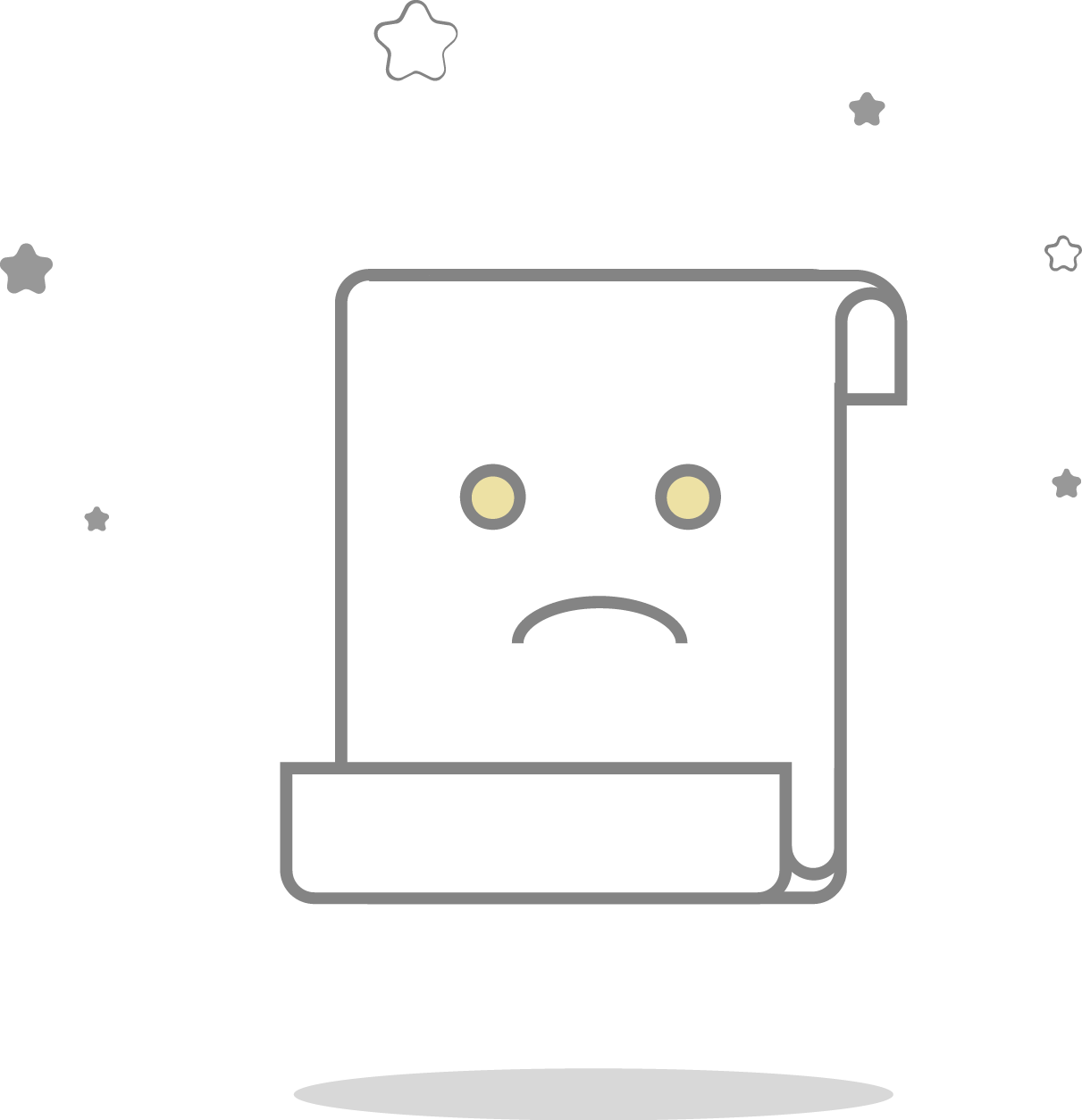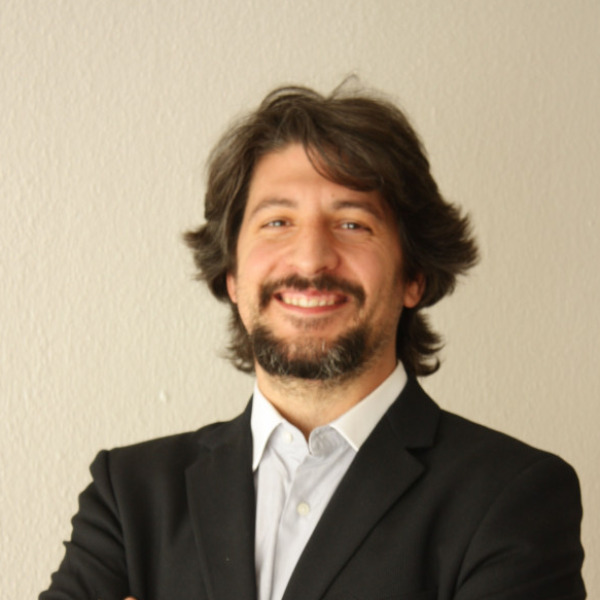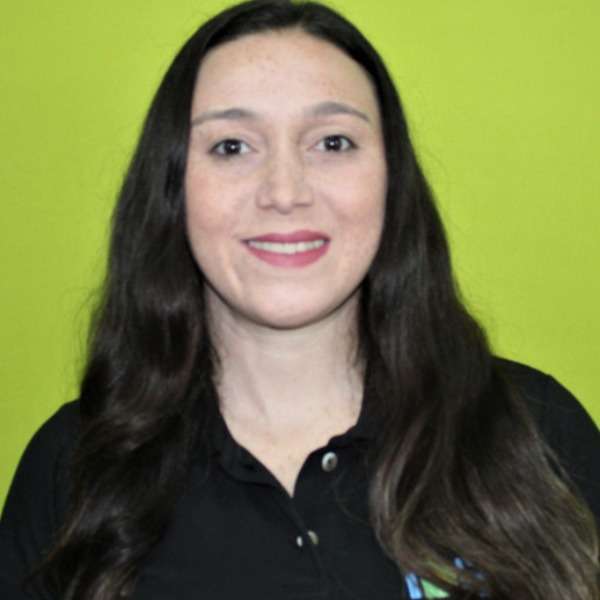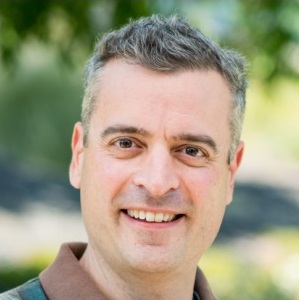Khalid Shah
Lab Information
The Shah lab, Harvard Medical School
Research Area and Skills
Recognize this scientist’s Expertise for their contribution in your research
Stem Cell therapy 0 Cancer Biology 0 Therapeutic Stem Cells for Cancer 0 CRISPR/Cas9 Technology 0
- Post
- Publication
- Plasmid
- Following (0)
- Follower (1)

This guy hasn’t posted anything yet.
Hot Posts for You
Neutralizing antibodies (NAbs) are critical human immune defense mechanisms against viral infections. NAbs can bind to sites on the virus and inhibit entry of that virus into the host. It is a key parameter to evaluate COVID-19 vaccine efficacy per Guidelines from Development and ...Learn More
- Like (3)
- Reply
-
Share
This 3D animation shows you how DNA is copied in a cell. It shows how both strands of the DNA helix are unzipped and copied to produce two identical DNA molecules. TranscriptDNA is a molecule made up of two strands twisted around each other in a double helix shape. Each strand is ...Learn More
IntroductionA gleam of light finally shone down on the global crisis of the prolonged battle against COVID-19, giving people hopes of preventive care and treatment in the near future by monoclonal antibodies against SARS-CoV-2. As stated the news of NIH’s phase III clinical ...Learn More
"Those who do not know history are obliged to repeat it" This famous phrase that could be from any history teacher to his suspended students has been attributed to great figures in history such as Napoleon or the philosopher George Santayana. In a modern version of it we could say ...Learn More
In recent years there is an increasing number of cytotoxic chemotherapeutic compounds with the ability to rapidly kill dividing cancer cells in preference to non-dividing healthy cells. Nevertheless, the major drawback of chemotherapy is that, in addition to damaging the cancer ...Learn More
The coronavirus pandemic caught everyone unprepared. We had to deal with the fear of an unknown virus which can be lethal for some people. And the whole world just stopped in an attempt to prevent the virus spread.Suddenly we had to adapt to a new way of living, socially isolated ...Learn More
This is the first episode of MolecularCloud Pioneer Scientist interview series. In this interview, MolecularCloud talks with Prof. Shuo Huang from Nanjing University about the recent publications of Dr. Huang’s team and the future prospect of biological nanopore technology. The ...Learn More
The increasing number of confirmed COVID-19 cases is prompting an unprecedented global effort to find a treatment for the disease. Given the fact that a new drug development could be a decade work from initial discovery to the marketplace, scientists are racing to search a cure ...Learn More
The previous article on precision medicine was focused on Pharmacogenomics as a fundamental aspect of cancer therapeutics. In this sequel, emphasis would be on the role of immuno-oncology in personalization of cancer therapy, citing anti PD therapy as an example with hypothetical ...Learn More
Akter F, Simon B, de Boer NL, Redjal N, Wakimoto H, Shah K. Pre-clinical tumor models of primary brain tumors: Challenges and opportunities. Biochim Biophys Acta Rev Cancer. 2020 Oct 23;1875(1):188458. doi: 10.1016/j.bbcan.2020.188458. Online ahead of print. PMID: 33148506
Jiang L, Wang YJ, Zhao J, Uehara M, Hou Q, Kasinath V, Ichimura T, Banouni N, Dai L, Li X, Greiner DL, Shultz LD, Zhang X, Sun ZJ, Curtin I, Vangos NE, Yeoh ZC, Geffken EA, Seo HS, Liu ZX, Heffron GJ, Shah K, Dhe-Paganon S, Abdi R. Direct Tumor Killing and Immunotherapy through Anti-SerpinB9 Therapy. Cell. 2020 Nov 25;183(5):1219-1233.e18. doi: 10.1016/j.cell.2020.10.045. PMID: 33242418
Kiyokawa J, Kawamura Y, Ghouse SM, Acar S, Barçın E, Martínez-Quintanilla J, Martuza RL, Alemany R, Rabkin SD, Shah K, Wakimoto H. Modification of Extracellular Matrix Enhances Oncolytic Adenovirus Immunotherapy in Glioblastoma. Clin Cancer Res. 2020 Nov 30. doi: 10.1158/1078-0432.CCR-20-2400. Online ahead of print. PMID: 33257429
Yang EY, Shah K. Nanobodies: Next Generation of Cancer Diagnostics and Therapeutics. Frontiers in Oncology 2020 Jul 23;10:1182. doi: 10.3389/fonc.2020.01182.. PMID: 32793488
Khalsa JK, Cheng N, Keegan J, Chaudry A, Driver J, Bi WL, Lederer J, Shah, K. Immune phenotyping of diverse syngeneic murine brain tumors identifies immunologically distinct types. Nature Communication 2020 Aug 6;11(1):3912. doi: 10.1038/s41467-020-17704-5. PMID: 32764562
Deng D, Shah K. TRAIL of hope meeting resistance in cancer. Trends in Cancer 2020 Jul 24;S2405-8033(20)30190-4. doi: 10.1016/j.trecan.2020.06.006. PMID: 32718904
Song N, Scholtemeijer M, Shah K. Mesenchymal Stem Cell Immunomodulation: Mechanisms and Therapeutic Potential. Trends in Pharmacological Sciences 2020 Jul 22;S0165-6147(20)30145-0. doi: 10.1016/j.tips.2020.06.009. PMID: 32709406
Levy O, Kuai R, Siren E, Bhere D, Milton Y, Nissar N, De Biasio M, Heinelt M, Reeve B, Abdi R, Alturki M, Fallatah M, Almalik A, Alhasan AH, Shah K*, Karp JM. Shattering barriers toward clinically meaningful MSC therapies. Science Advances 2020 Jul 22;6(30):eaba6884. doi: 10.1126/sciadv.aba6884. * Co-corresponding author. PMID: 32832666
Mineo M, Lyons SM, Zdioruk M, von Spreckelsen N, Ferrer-Luna R, Ito H, Alayo QA, Kharel P, Giantini Larsen A, Fan WY, Auduong S, Grauwet K, Passaro C, Khalsa JK, Shah K, Reardon DA, Ligon KL, Beroukhim R, Nakashima H, Ivanov P, Anderson PJ, Lawler SE, Chiocca EA. Tumor Interferon Signaling Is Regulated by a lncRNA INCR1 Transcribed From the PD-L1 Locus. Molecular Cell. 2020 Jun. 18. doi: 10.1016/j.molcel.2020.05.015. PMID: 32504554
Karakas N, Bay S, Türkel N, Öztunç N, Öncül M, Bilgen H, Shah K, Şahin F, Öztürk, G. Neurons from human mesenchymal stem cells display both spontaneous and stimuli responsive activity. PLoS One. 2020 May 14. doi: 10.1371/journal.pone.0228510. PMID: 32407317
Lee YH, Pang SW, Révai Lechtich E, Shah K, Simon SE, Ponnusamy S, Narayanan R, Poh CL, Tan KO. Tricistronic expression of MOAP-1, Bax and RASSF1A in cancer cells enhances chemo-sensitization that requires BH3L domain of MOAP-1. Journal of Clinical Research and Clinical Oncology. 2020 May 6. doi: 10.1007/s00432-020-03231-9. PMID: 32377840
Bhere D, Arghiani N, Révai Lechtich E, Yao Y, Alsaab S, Bei F, Matin MM, Shah K. Simultaneous downregulation of miR-21 and upregulation of miR-7 has anti-tumor efficacy. Scientific Reports. 2020 Feb. 4. doi: 10.1038/s41598-020-58072-w. PMID: 32019988
Yang Q, Luo C, Zhang X, Liu Y, Wang Z, Cacciamani P, Shi J, Cui Y, Wang C, Sinha B, Peng B, Tong G, Das G, Shah E, Gao Y, Li W, Tu Y, Qian D, Shah K, Akbar M, Zhou S, Song BJ, Wang X. Tartary buckwheat extract alleviates alcohol-induced acute and chronic liver injuries through the inhibition of oxidative stress and mitochondrial cell death pathway. American Journal of Translational Research. 2020 Jan. 15. e-collection PMID: 32051738
Kavari SL, Shah K. Concise Review: Engineered Stem Cells Targeting Multiple Cell Surface Receptors in Tumors. Stem Cells 2020 Jan. doi: 10.1002/stem.3069. PMID: 31381835
Kuruppu D, Bhere D, Farrar CT, Shah K, Brownell AL, Tanabe KK. A model of breast cancer meningeal metastases: characterization with in vivo molecular imaging. Cancer Gene Therapy 2019 May 26. doi: 10.1038/s41417-018-0060-z PMID: 30420717
Martinez-Quintanilla J, Seah I, Chua M, Shah K. Oncolytic viruses: overcoming translational challenges. Journal of Clinical Investigation 2019 Mar. 4. doi: 10.1172/JCI122287. PMID: 30829653
Tanaka S, Luk S, Kiyokawa J, Onozato ML, Iafrate AJ, Shah K, Martuza RL, Rabkin SD, Batchelor TT, Cahill DP, Chi AS, Wakimoto H. Genetically distinct glioma stem-like cell xenografts established from paired glioblastoma samples harvested before and after molecularly targeted therapy. Scientific Reports 2019 Jan. 15. doi: 10.1038/s41598-018-37437-2. PMID: 30644426
Passaro, C, Alayo Q, De Laura I, McNulty J, Grauwet K, Ito H, Bhaskaran V, Mineo M, Lawler SE, Shah K, Speranza MC, Goins W, McLaughlin E, Fernandez S, Reardon DA, Freeman GJ, Chiocca EA, Nakashima H. Arming an oncolytic herpes simplex virus type 1 with a single chain variable antibody against PD-1 for experimental glioblastoma therapy. Clinical Cancer Research 2019 Jan. 1. doi: 10.1158/1078-0432.CCR-18-2311. PMID: 30279232

This guy hasn’t plasmids anything yet.
Hot plasmids

This guy has no following anyone.
Popular Cloud Scientists
About Us · User Accounts and Benefits · Privacy Policy · Management Center · FAQs
© 2024 MolecularCloud











